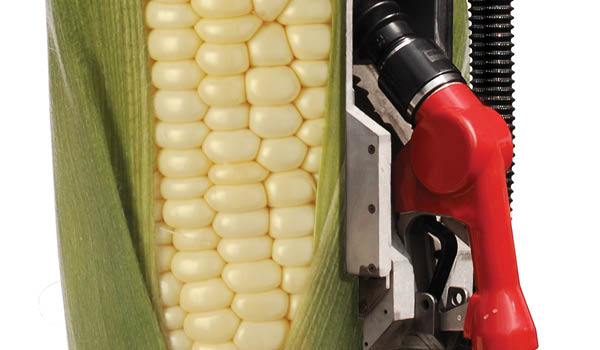 The Queensland Government’s proposed ethanol mandate has received broad support. However debate around the ethanol mandate level has generated a mixed response, raising fears that it could even cause the closure of small and medium sized service stations.
The Queensland Government’s proposed ethanol mandate has received broad support. However debate around the ethanol mandate level has generated a mixed response, raising fears that it could even cause the closure of small and medium sized service stations.
The Biofuels Association of Australia (BAA) recently submitted its response to the proposed Queensland ethanol mandate. While the BAA is broadly supportive of a mandate on biofuels in Queensland, they propose an initial ethanol mandate level of 3% of the RULP volume in 2016, and a biodiesel mandate of 0.5% in relation to the total volume of biodiesel sold.
According to the BAA, it is important that the industry grows in a sustainable manner and that the targets set are achievable. Gavin Hughes, CEO of the BAA, said “As the major oil companies are not involved in the manufacture of biofuels, they have no commercial incentive to offer cleaner biofuels products to the market because they do not derive profits from the whole value chain, as they do when selling petroleum. Simply asking oil companies to sell biofuels is akin to asking a tobacconist to sell a Nicabate or Nicorette type product.”
The BAA envisages that the mandated level of ethanol in Queensland would increase over time in conjunction with growth in production capacity in the state. “Currently, we estimate that 95% of the vehicle fleet in Queensland is E10 compatible. By the time we reach 2020, it is likely that 98% of the Queensland car fleet that currently would uses RULP will be E10 capable, allowing for a full transition to E10 as a base grade of fuel,” Mr Hughes said.
However a Bundaberg fuel retailer says the government’s proposed ethanol mandate could see capital costs rise and small to medium sized service stations forced to close. Wessel Petroleum managing director, Paul Wessel – who owns about 20 service stations in Queensland, including several in Bundaberg – believes that the 2% ethanol mandate proposed by the State Government would be detrimental to independent service stations.
“You can’t just put ethanol in fuel tanks, you need special fuel tanks,” Mr Wessel told News Mail, “One new tank could cost about $150,000-$200,000 and if you have to upgrade a few tanks that could cost upwards of $1 million.”
According to News Mail, Energy Minister Mark Bailey said anything beyond a 2% ethanol mandate of regular unleaded petrol sales, would force fuel retailers to invest in a reconfiguration of existing fuel storage and dispensing infrastructure to accommodate the corrosive characteristics of E10.
“We are opposed to any suggestion by anybody that the many small to medium businesses that comprise the fuel industry in Queensland be forced to fund the costs of developing a biofuels market in Queensland – this cost must be borne by either the biofuels industry itself or the State Government.”
Mr Bailey said the government was working with all stakeholders to ensure the proposed regulatory framework worked well with long-term business practices.
“We’re engaging with stakeholders about what an appropriate ethanol level is,” he said.

